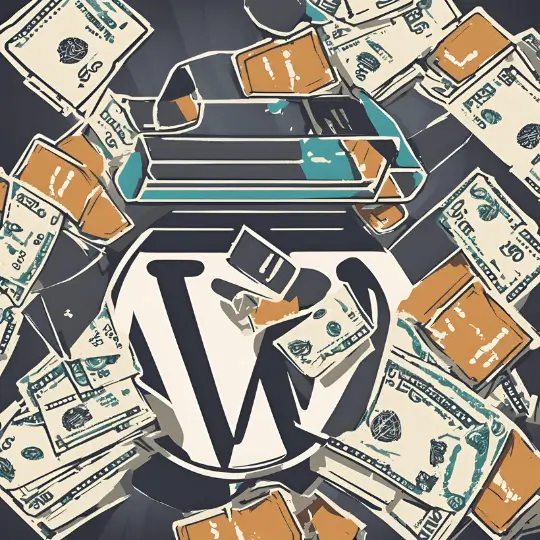Introduction
With the increasing number of cyber attacks on websites, it has become crucial for website owners to prioritize the security of their WordPress websites. Hackers and malware can cause severe damage to your website, resulting in data breaches, loss of sensitive information, and a damaged reputation.
Here are 10 essential tips to protect your WordPress website from hackers and malware:
1. Keep Your WordPress Core, Themes, and Plugins Updated
Regularly updating your WordPress core, themes, and plugins is one of the simplest yet most effective ways to protect your website. Updates often include security patches that address vulnerabilities and protect against potential threats.
2. Use Strong and Unique Passwords
Using strong and unique passwords for your WordPress admin accounts, FTP accounts, and databases is crucial. Avoid using common passwords or easily guessable combinations. Consider using a password manager to generate and store complex passwords.
3. Limit Login Attempts
Limiting the number of login attempts can prevent brute force attacks on your website. Implementing a plugin that restricts login attempts and temporarily blocks suspicious IP addresses can significantly enhance your website’s security.
4. Enable Two-Factor Authentication
Enabling two-factor authentication adds an extra layer of security to your WordPress login process. It requires users to provide a second form of verification, such as a unique code sent to their mobile device, in addition to their password.
5. Use a Reliable Web Hosting Provider
Choosing a reliable web hosting provider is crucial for the security of your WordPress website. Look for a provider that offers robust security measures, regular backups, and strong server configurations.
6. Install a WordPress Security Plugin
Installing a reputable WordPress security plugin can help protect your website from various threats. These plugins offer features such as malware scanning, firewall protection, and brute force attack prevention.
7. Regularly Backup Your Website
Regularly backing up your WordPress website ensures that you have a recent copy of your data in case of any security incidents. Choose a backup solution that automatically backs up your website and allows easy restoration.
8. Secure Your WordPress Admin Area
Take steps to secure your WordPress admin area by using a unique login URL, disabling file editing, and limiting access to authorized users only. Additionally, consider using a security plugin that provides extra protection for your admin area.
9. Be Cautious with File Permissions
Set appropriate file permissions for your WordPress files and folders to prevent unauthorized access. Restrict write permissions wherever possible and regularly review and update file permissions.
10. Educate Yourself and Your Team
Stay updated with the latest security practices and educate yourself and your team about potential threats. Regularly train your team members on safe browsing habits, password management, and how to identify and report suspicious activities.
Conclusion
Protecting your WordPress website from hackers and malware is an ongoing process that requires constant vigilance. By following these essential tips, you can significantly enhance the security of your website and minimize the risk of cyber attacks. Remember, investing in website security is an investment in the long-term success and reputation of your business.


